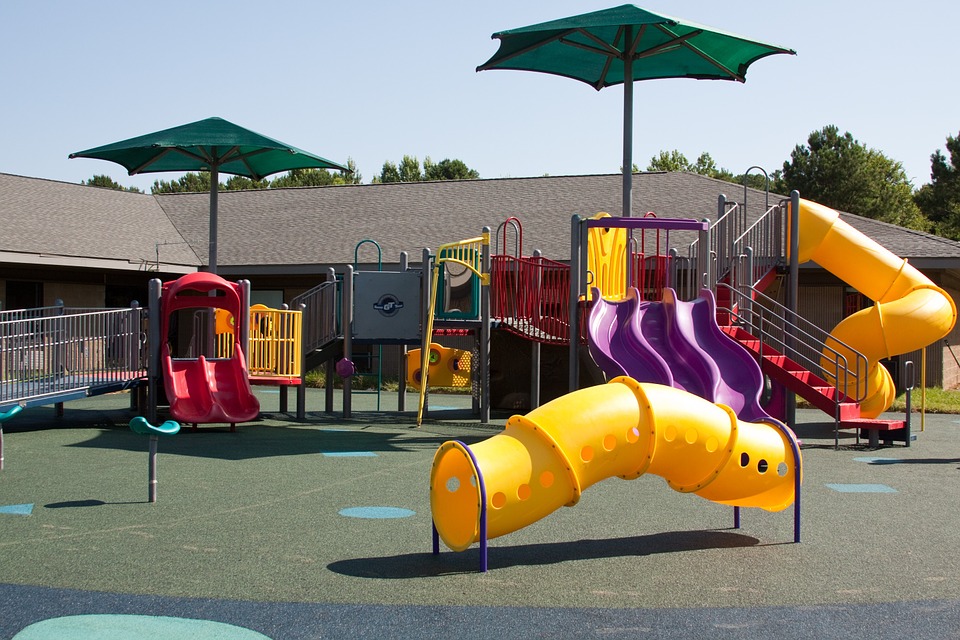Allocating Resources to Improve Student Learning

Providing every child with an equal opportunity to learn has been a central challenge in public education. In fact, at its inception, universal public education in the United States was viewed as the “great equalizer.” Education was perceived, by some, as the vehicle through which individuals could rise above the social and economic circumstances which may have created longstanding barriers to reaching their potential as individuals and contributing citizens.
As the test of time has proven, education alone cannot address entrenched social problems; multiple institutions, policies and support systems are necessary to level the social and economic playing field. However, education is and will continue to be one of the primary means by which inequity can be addressed. Public funds will continue to be allocated in support of educational programs, and the rationale for these investments will likely continue to be that education creates social equity.
The purposeful and practical allocation of resources to support equitable access to high-quality learning opportunities, is a major component of education policy at the federal, state, and local levels. Leaders at all levels are charged with making decisions about how to effectively distribute and leverage resources to support teaching and learning.
Resource allocation consists of more than assigning dollar amounts to particular schools or programs. Equally, if not more important, is the examination of the ways in which those dollars are translated into actions that address expressed educational goals at various educational levels. In this respect, leaders are concerned not only with the level of resources and how they are distributed across districts, schools, and classrooms, but also with how these investments translate into improved learning.
It is critical for resource allocation practices to reflect an understanding of the imperative to eliminate existing inequities and close the achievement gap. All too often, children who are most in need of support and assistance attend schools that have higher staff turnover, less challenging curricula, less access to appropriate materials and technology, and poorer facilities.
Allocating and developing resources to support improvement in teaching and learning is critical to school reform efforts. Education policymakers must be informed about emerging resource practices and cognizant of the ways incentives can be used to create conditions that support teaching and learning.
Resource allocation in education does not take place in a vacuum. Instead, it often reflects policy conditions that form a context in which opportunities for effective leadership can be created. For example, effective leaders know how to use data strategically to inform resource allocation decisions and to provide insights about how productivity, efficiency, and equity are impacted by allocated resources.
The roles, responsibilities, and authority of leaders at each level of education also impacts whether and how they are able to allocate resources to particular districts, schools, programs, teachers, and students. Further, the type of governance structure that is in place also affects decisions about resources and incentives. Governance issues arise as leaders become involved in raising revenue and distributing educational resources. These activities involve multiple entities, including the voting public, state legislatures, local school boards, superintendents, principals, and teachers’ associations. Each of these connections can provide insights into how best to allocate resources and provide incentives that powerfully and equitably support learning, for both students and education professionals.
Resources necessary to operate a successful school or school district cannot be confined to dollars alone, however. Indeed, the resources needed to actively and fully support education are inherently complex and require an understanding that goes far beyond assessing the level of spending or how the dollars are distributed. Educational leaders must be able to examine the ways in which those dollars are translated into action by allocating time and people, developing human capital, and providing incentives and supports in productive ways.
Principals, district officials who oversee the allocation of resources, and state policymakers whose actions affect the resources the principal has to work with, are all concerned with three basic categories of resources:
1. Money. Activities at several levels of the system, typically occurring in annual cycles, determine both the amount of money that is available to support education and the purposes to which money can be allocated. No one level of the educational system has complete control over the flow, distribution, and expenditure of funds.
2. Human capital. People “purchased” with the allocated funds do the work of the educational system and bring differing levels of motivation and expertise developed over time through training and experience.
3. Time. People’s work happens within an agreed-upon structure of time (and assignment of people to tasks within time blocks) that allocates hours within the day and across the year to different functions, thereby creating more or less opportunity to accomplish goals.
These resources are thus intimately linked to one another. Each affects the other and even depends on the other to achieve its intended purpose. An abundance of money and time, for example, without the knowledge, motivation, and expertise of teachers (human capital) does little to maximize desired learning opportunities created for students.
Furthermore, an abundance of human capital without money or time to distribute it does little to alter practice in classrooms or to share expertise with others. From their position of influence over the acquisition, flow, and (intended) use of resources, educational leaders thereby undertake a massive attempt to coordinate, and render coherent, the relationships of the various resources to the goals they set out to achieve.
Click here to read all our posts concerning the Achievement Gap.





